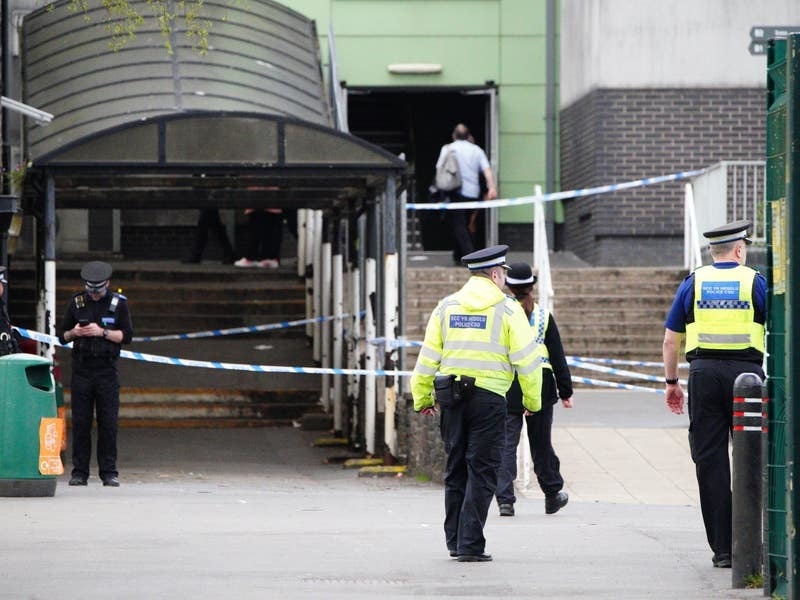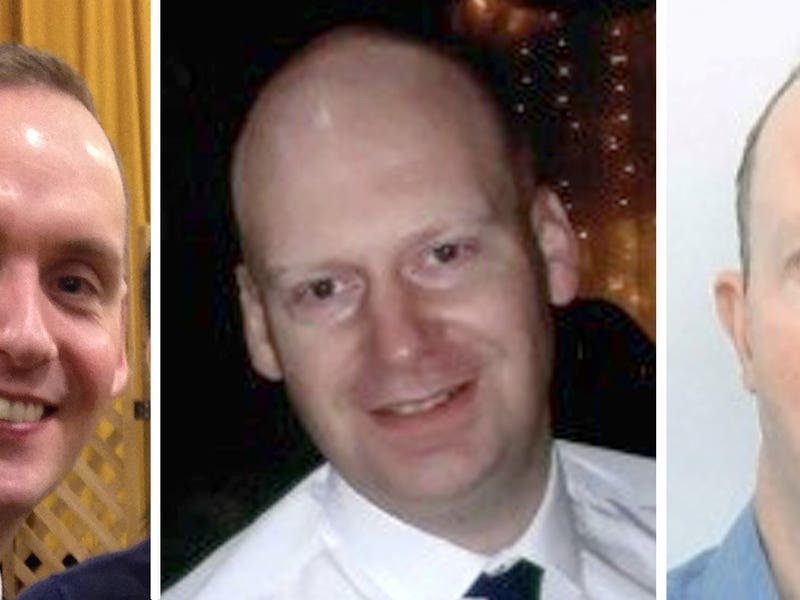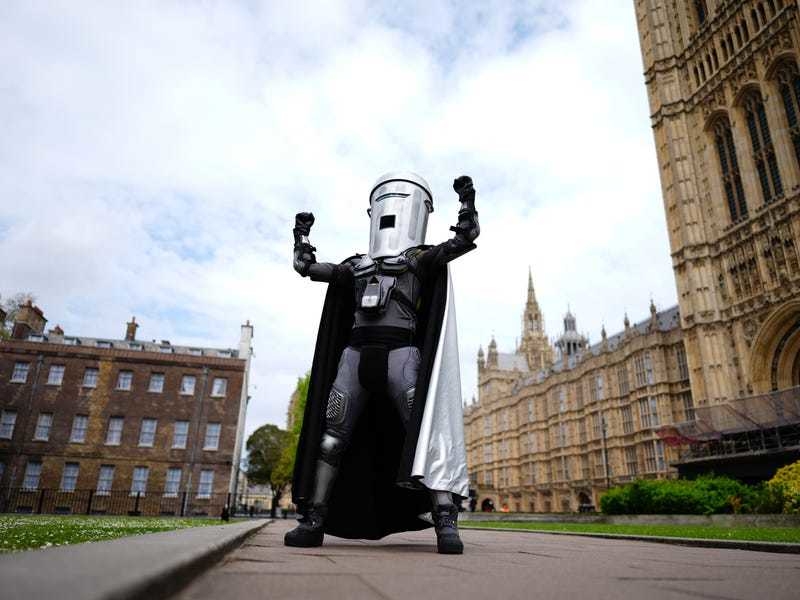Previously, anyone hoping to become a qualified paramedic could complete their education locally.
However, those wishing to take on the position must now obtain a university-level paramedic diploma – a qualification not available from colleges in Jersey.
As a result, since late 2017, the Ambulance Service has been sending its staff away to Birmingham City University to receive their training and has used paramedics from the UK in the meantime to provide cover. There are currently four UK workers in the Island.
These temporary placements occurred after the Ambulance Service tried to recruit interim staff locally but was unable to find anyone adequately qualified.
Gordon Hunt, operations manager for the States of Jersey Ambulance Service, said: ‘The UK agency paramedics have been brought in because the role of paramedics and the education routes have changed and are now a bit more in-depth – they can now only be trained through a university route.
‘Because of that, it is taking longer for us to train them up. It used to be an eight-week course and it was all done within the Island but, because of the need to send them away, there is now a temporary gap in our staffing.
‘Bringing over paramedics from the UK allows us to support and develop our staff while maintaining the high standard of service to the general public. It is only on a short-term basis.’
Mr Hunt could not say how much the interim measures were costing but said that it would be funded by the Ambulance Service’s existing wage budget.
He added that a number of changes were due to take place this year which would see the resources bolstered.
Leading ambulance paramedics will soon crew a rapid response car alongside ambulances and new staff members are also due to be taken on over the coming weeks.
And the service’s intermediary crews – which normally carry out patient transfers between medical facilities and the Airport but are also available to respond to emergencies – will have their hours increased to provide coverage 16 hours per day, seven days a week.
Ambulance bosses are also currently working to develop an advanced paramedic role which will carry out a ‘see and treat’ service. The initiative aims to provide patients with more tailored care and prevent people being taken to hospital unnecessarily.
Mr Hunt said: ‘These new roles will attend a range of calls, in particular lower acuity calls [those requiring a lower degree of care] which often involve patients with complex needs.
‘By using enhanced knowledge and skills, a more in-depth assessment can be undertaken and treatment plans put in place following a 999 call to safely manage patients in the community.
‘We will work with partner agencies in the right setting which may include their home or a primary care setting.’






